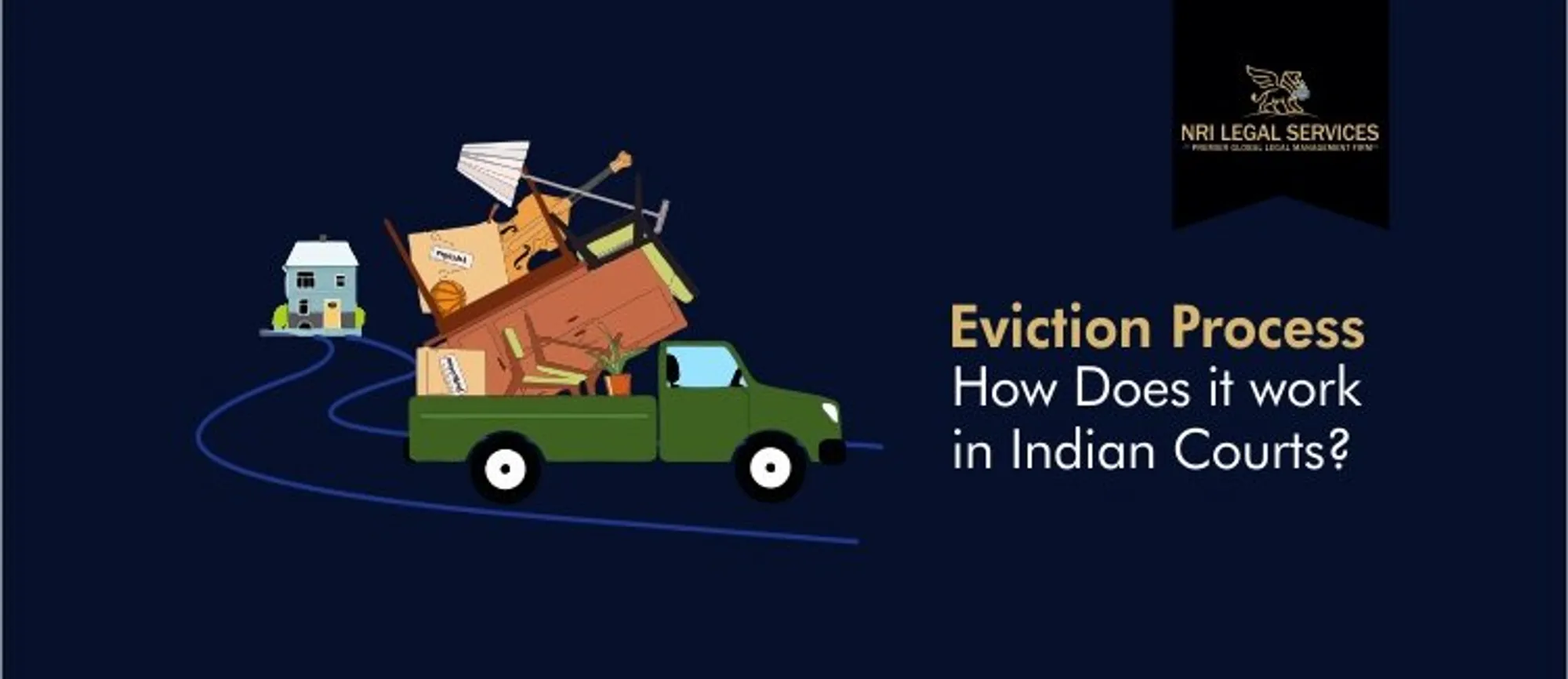The eviction process means evicting a tenant out of the rented property by following a legal procedure as prescribed by the law of the land. In India, the parties often hire a civil lawyer dealing in rent matters to help them get relief from the Indian court.
The rent agreement mostly governs the landlord-tenant relationship. The agreement’s construction is within the broad framework of landlord rights and duties and the tenant rights and responsibilities, as prescribed in the Rent Act applicable to the parties.
Recommended reading: Landlord’s death does not affect eviction order passed in his favour
Table of Contents
Landlord rights – A landlord has the right to
- choose the tenant
- receive the rent on time
- collect security deposit
- get the property vacated for repairs
- get the information from the tenant if he is carrying out any repair
- seek eviction of the tenant on available grounds.
Tenant rights – A tenant has the right to –
- have fair rent
- receive back the deposit on vacating the premises
- amenities for reasonable living
- safe and secure habitat
- enjoy peaceful possession
- protection from illegal eviction.
Indian court allows the eviction of a tenant from rented premises only if there exists a ground for eviction as per the Act. Rent laws differ from State to State. But
Recommended reading: eviction suit
In general, the grounds of eviction are:
- Non-payment of rent
- Violation of term of the agreement
- Subletting without permission of the landlord
- Acts which deplete the value of the property
- Using the property for illegal or anti-social activity
- The bonafide personal necessity of the landlord
The eviction process begins with hiring a civil lawyer and sending a notice:
The first step is to hire a civil lawyer and communicate to the tenant the reason for seeking his eviction. The landlord sends an eviction notice to the tenant through his lawyer. An opportunity is given to the tenant to correct the issue involved, e.g., for non-payment of rent; the tenant can pay the rent and settle the matter.
Recommended reading: Landlord-Tenant laws
The period of the expiry of the notice must be clearly stated. The landlord gives a reasonable time to the tenant to act on his complaint. If the tenant continues to stay even after the notice period’s expiry without making up for his fault, the landlord can file the ejectment petition.
There may be situations like tenant using the premises for illegal activities, where one need not send a prior notice.
Recommended reading: Landlord-Tenant Dispute
Moving the court:
The next step for the eviction process is filing a petition for eviction. The authority empowered under the Rent Acts to entertain the eviction petition is designated as the Rent Controller. The rules of Civil Procedure Code applicable to civil suits in Indian Court, as modified by the respective State Rent Acts, apply to the proceedings before the Rent Controller.
The procedure followed is as under:
- The landlord who seeks to evict his tenant files an ejectment petition before the Rent Controller (RC), based on grounds mentioned in the Act.
- If the Rent Controller is satisfied that there is sufficient cause to entertain the landlord’s petition, he issues summons to the tenant.
- Once the summons is issued and served as per law, the tenant must appear before the RC.
- If the tenant fails to appear, the order is passed based on the facts given by the landlord.
- On appearing, the tenant files an affidavit stating the grounds for contesting the eviction petition.
- If the RC is satisfied with the reasons disclosed in the tenant’s affidavit that the landlord is not entitled to evicting him, he permits the tenant to contest the petition.
- Both the parties are heard, and evidence is recorded. The evidence can be any document or oral testimonies.
- RC decides the application based on evidence and the arguments put forward by the parties. He passes the order.
- If the order favors the landlord, the tenant has to vacate the premises.
- If the tenant refuses, the landlord files for execution of the said order, which may be executed through Police in case of stubborn tenants.
- An appeal may be filed by the aggrieved party against the order of the RC
Recommended reading: Can a Tenant be Evicted Without a Lease?
Landlords must remember that the Rent Laws provide for grounds for eviction and also the steps to be followed for the eviction process. Any violation of the same is taken seriously by the courts, and the same goes against the landlord. So, avoid taking the law into your hands.

